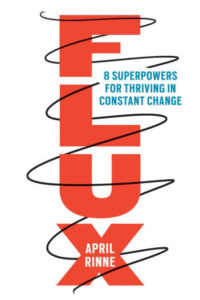 My dad used to regale me with this tale of his best friend, who told his new employer when he started: “If you see me with my feet up on my desk and it appears I’m sleeping, I’m not. I’m working. I’ll still do the work of 2 other engineers.” And he did! I love this story, because it brings out an element that we seem to be losing, the value of taking time for reflection.
My dad used to regale me with this tale of his best friend, who told his new employer when he started: “If you see me with my feet up on my desk and it appears I’m sleeping, I’m not. I’m working. I’ll still do the work of 2 other engineers.” And he did! I love this story, because it brings out an element that we seem to be losing, the value of taking time for reflection.
Now, he may actually have been sleeping, yet that doesn’t concern me; sleeping is a mechanism for processing, too. What concerns me are folks who can’t be seen to be taking time off from ‘the work’. We’re in a mode where we push people to work harder and faster. We say “work smarter” but don’t tell people what that means!
I’ve spent time in a job early in my career reading (relevant) magazines like Byte, with my feet up on the desk. Yet, I immodestly suggest I cranked out work at least as fast as my colleagues. I found reading, and now searching for answers, to be a valuable use of my time. Why? Because I’m learning. I reflect on what I do and how to do it better, learning to do new things that I need to meet my current challenges.
Sure, I do the work. However, I also take walks, put my feet up and ponder, and more. I blog, for instance ;). There are other ways I write as well, and experiment, and look to refine my thinking. Also, I look things up, read books, and generally track my field and answers to specific questions. My work improves as a consequence. Moreover, we all benefit from taking time to reflect. It’s documented in the work conducted by Garvin, Edmondson, & Gino as one of the elements of a learning organization.
So, I’ll keep promoting, and practicing, taking time for reflection. I hope you can, too. Moreover, I hope you can help get such time recognized as valuable in your organization. We focus too much on the fast, and as they say: “fast, cheap, or good, pick 2”. I’m not sure fast is always the best solution. Certainly for learning. After all, it is about learning…


